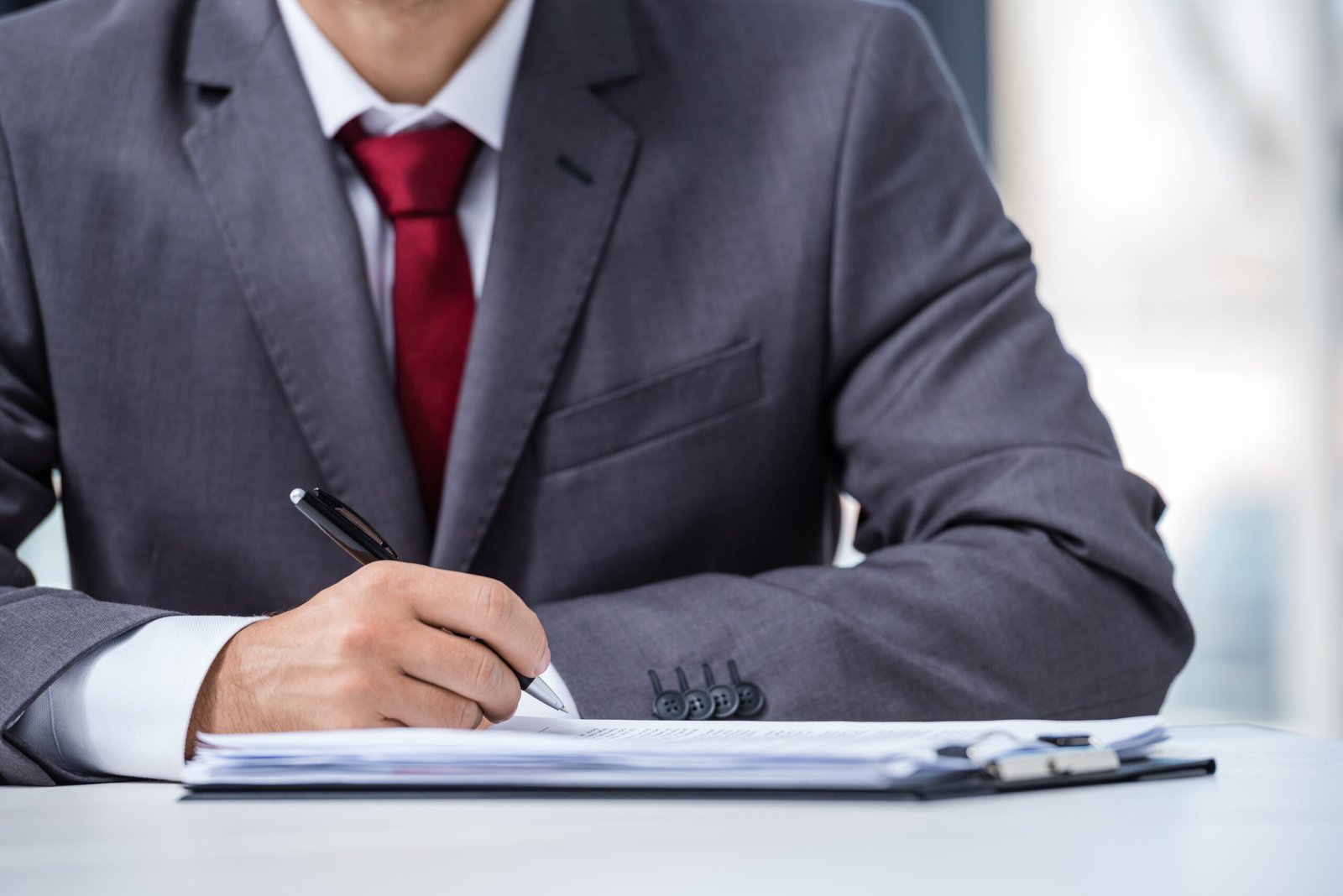Introduction to Power of Attorney in the UAE
Power of Attorney (POA) is a legal instrument that enables an individual, known as the principal, to authorize another person, referred to as the agent or attorney-in-fact, to act on their behalf in legal and financial matters. In the context of the United Arab Emirates (UAE), POA plays a crucial role in facilitating business and personal transactions, especially for expatriates and small to medium enterprises (SMEs). Understanding the nuances of POA is essential for anyone looking to navigate the UAE’s unique legal landscape.
The importance of having a Power of Attorney in the UAE cannot be overstated. For expatriates, who may not have the same level of familiarity with local laws and regulations, a POA provides the assurance that trusted individuals can manage their affairs effectively. For SMEs, a POA can streamline operations, allowing business owners to delegate authority, thereby ensuring that their commercial activities are conducted without unnecessary delays. This delegation is particularly vital in a dynamic business environment where timely decisions can significantly impact success.
There are various types of Power of Attorney recognized in the UAE legal framework, each serving distinct purposes. General Power of Attorney grants broad authority to the agent, enabling them to perform a wide range of acts, while Specific Power of Attorney is limited to particular transactions or duties. Other variations include Durable Power of Attorney, which remains effective even when the principal becomes incapacitated, and medical Power of Attorney, focusing on healthcare decisions. Each type of POA acts as a vital tool for individuals and businesses alike, which will be explored further in subsequent sections.
General, Special, and Durable POA: A Detailed Comparison
Understanding the different types of Power of Attorney (POA) in the UAE is essential for individuals looking to delegate authority effectively. The three primary types—General, Special, and Durable POA—serve distinct purposes and come with unique features. A General POA typically grants broad powers to an agent, allowing them to handle a wide range of financial, legal, and personal matters on behalf of the principal. This type is particularly useful for individuals who require assistance in managing their affairs while they are away or incapacitated.
On the other hand, a Special POA is more restrictive. It limits the authority of the agent to specific tasks or decisions, making it suitable for situations where the principal wants to retain control over more significant issues. For example, a Special POA might be used to authorize an agent to sell a particular property or manage certain investments while other personal affairs remain under the principal’s control. This specificity often makes it a preferred choice for effective delegation when limited powers are necessary.
Durable POA, a type of POA that remains in effect even if the principal becomes incapacitated, is an important option for ensuring continuity in decision-making. It provides peace of mind for individuals concerned about future health issues, as it allows the designated agent to make critical decisions on the principal’s behalf without interruption. For instance, a Durable POA is ideal for those who anticipate potential health crises and want to ensure their loved ones can act decisively in their best interest.
In summary, selecting the right type of Power of Attorney in the UAE hinges on understanding the implications and practical applications of General, Special, and Durable POA. Each type serves distinct needs and offers varying levels of control and flexibility, making it crucial for individuals to evaluate their specific circumstances before making a decision.
Revocation and Limitations of Power of Attorney
Revoking a Power of Attorney (POA) in the UAE requires a clear understanding of both the process and the possible limitations associated with various types of POAs. To begin with, the revocation process typically involves drafting a formal document that expressly states the intention to revoke the existing POA. This document must be signed by the principal, who is the individual granting the authority, and should ideally be witnessed to enhance its legal standing.
Once the revocation document has been prepared, it is crucial to notify the agent, the person who held the authority under the previous POA. Additionally, if the POA was registered with any governmental authority or institution, such as the notary public, it is essential to inform them of the revocation as well. This can often be accomplished by submitting a copy of the revocation document to the relevant authority. Failure to properly notify all affected parties may lead to complications and issues in managing legal and financial matters in the future.
It is also important to understand the limitations involved in each type of POA. For instance, in the case of a general POA, the agent typically has broad powers to act on behalf of the principal; however, a limited or special POA restricts the agent’s authority to specific tasks or transactions. Depending on the nature of the powers granted, revocation may be more complex for certain types of POAs. Furthermore, a POA will automatically become void upon the principal’s death, provided that the agent’s actions were within the scope of authority at the time of the revocation or the principal’s passing.
The process of revoking a Power of Attorney must, therefore, be handled meticulously to ensure compliance with UAE laws and regulations, safeguarding the interests of all parties involved.
Choosing the Right Power of Attorney: Tips and Resources
When selecting the appropriate Power of Attorney (PoA) in the UAE, it is essential to consider one’s unique circumstances. The first step involves understanding the specific type of authority needed, whether it be for general purposes, medical decisions, or property management. Each of these Power of Attorney types serves distinct functions and has varied implications on your rights and responsibilities.
After determining the type, it is advisable to seek advice from professionals familiar with UAE laws. Engaging a legal expert who specializes in PoA can provide valuable insights and guidance tailored to your needs. They can also assist in drafting the necessary documents to ensure compliance with local regulations. This not only mitigates potential legal risks but also enhances the efficacy of the Power of Attorney you choose.
Additionally, when considering costs, be aware that fees for drafting a Power of Attorney will vary. The complexity of the document, the specific services involved, and the professional’s experience all influence the overall expense. It’s prudent to obtain multiple quotes from reputable legal firms in Dubai to make an informed financial decision. One can also find resources online that offer information about average costs associated with different types of Power of Attorneys.
Moreover, when appointing an attorney-in-fact, one should look for individuals or entities that have a trustworthy reputation and experience relevant to the responsibilities they will undertake. Verify their credentials and seek recommendations if possible. It is critical to ensure that the appointed person or firm not only possesses the necessary skills but also shares your values and acts in your best interests.
In summary, choosing the right Power of Attorney in the UAE requires careful consideration of personal circumstances, professional guidance, understanding costs, and selecting a trustworthy attorney. Utilizing PoA services offered by established providers such as Al Barsha can further streamline this process, ensuring that your legal needs are met efficiently and effectively.




